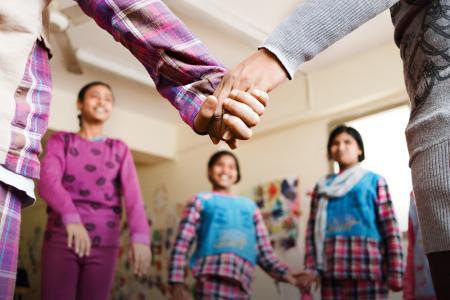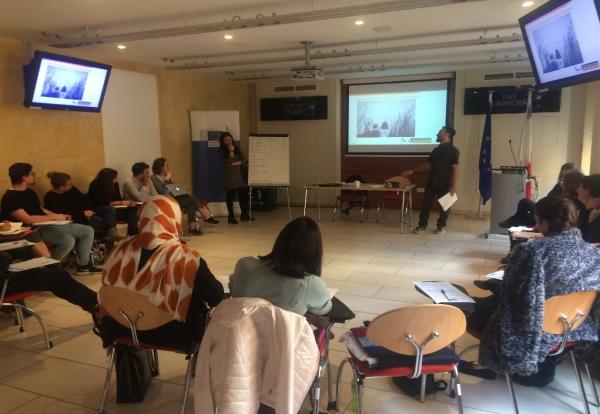
The objective of the project is to develop a sustainable mechanism for providing integrated psycho-social support services based on trauma-informed interventions.
CarePath project is an EU Rights, Equality and Citizenship Program (2014-2020) which aims to ensure that children leaving care have access to adequate trauma-informed aftercare support and increase the capacity of professionals in child protection systems to support traumatised children. The objective of the project is to develop a sustainable mechanism for providing integrated psycho-social support services based on trauma-informed interventions.
In this context, CarePath partners have developed an on-line integrated service provision mechanism that seeks to facilitate relevant stakeholders and professionals to have access to organizations that are relevant to their work with children leaving care. CarePath integrated mechanism embeds organizations, including public authorities, NGOs, social services, child protection agencies, psychotherapists and healthcare services from Italy, Belgium, Hungary and Greece.The "CarePath Mechanism" is now available! It is a user-friendly tool that offers a one-stop shop for care leavers and the professionals who work with them to access supports for the leaving care process in four EU countries - Belgium, Greece, Hungary and Italy.
The CarePath integrated service provision mechanism is a web-based system to bring together relevant stakeholders and professionals working with children leaving care (e.g. public authorities, NGOs, social services, child protection agencies and psychotherapists, healthcare), and make available processes to cover a range of multi-dimensional interventions based on trauma screening and assessment. The system is used initially by the public authorities of the partnership as a basis for the provision of one-stop shop services to children ageing out of care and care leavers.
Read more here.
The list of organisations for Belgium was kindly supported by Eurochild’s own Belgian members – a huge thank you to Children’s Rights Knowledge Centre (KeKi), An Rommel from Opgroeien, the Centre for Innovation in the Early Years, Francesca Stuer and Maud Stiernet.















